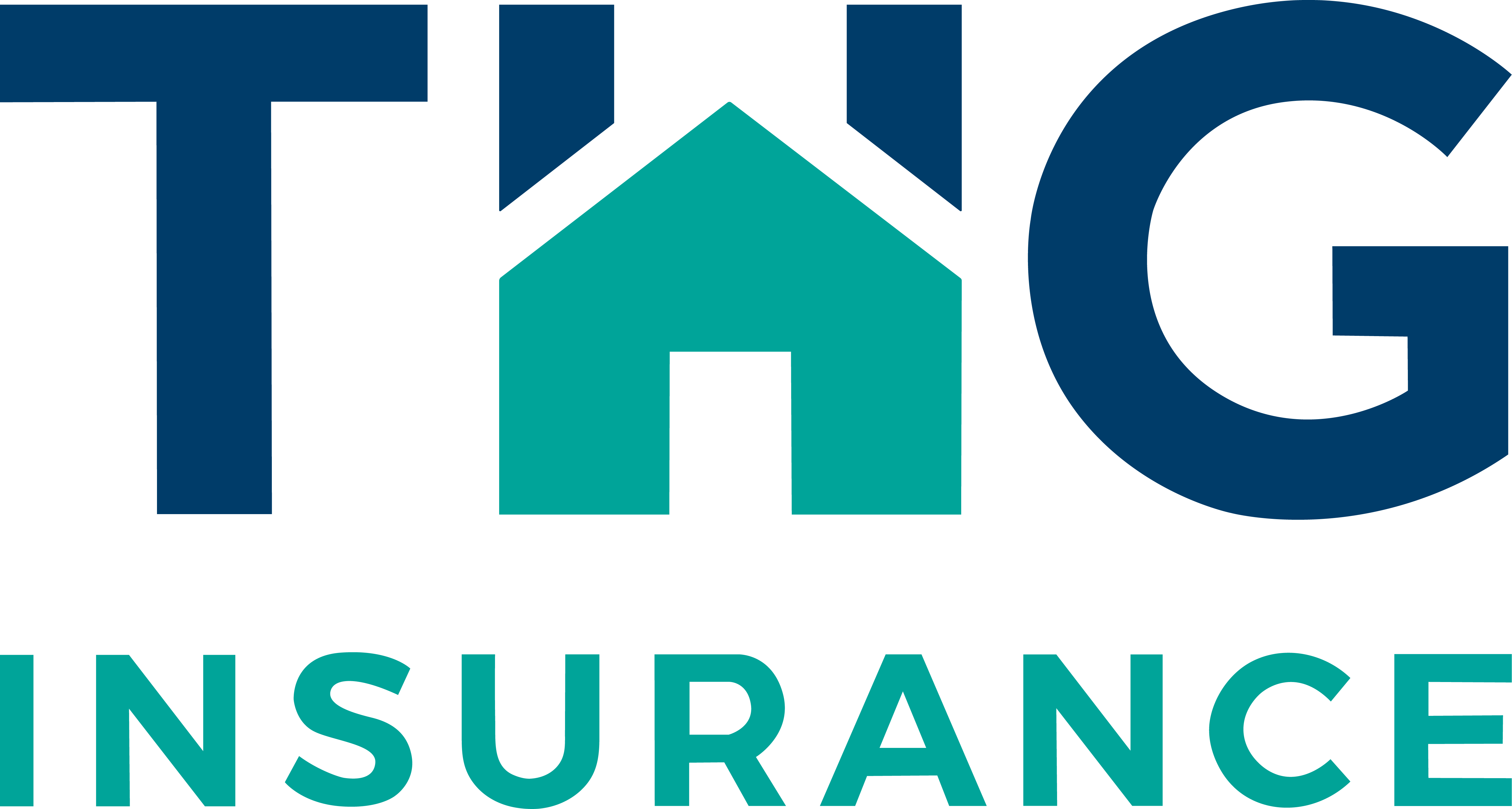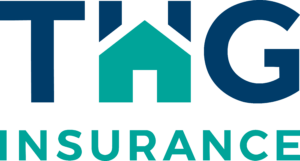Business income and business interruption insurance are the same thing.
They’re two terms for the same type of coverage: insurance that replaces income when your business can’t operate due to physical damage from a covered event, like a fire, storm, or vandalism.
If your business has to shut down temporarily, this coverage helps you pay ongoing bills and keep your business afloat while you recover.
Some carriers use one term or the other—but at the end of the day, they refer to the same essential protection.
At The Huneycutt Group, we help business owners like you understand what this coverage means, how it works, and whether you’ve got the right plan in place. Need help reviewing your policy or building a quote? That’s what we’re here for.
Now, let’s talk about what this coverage really means, what it pays for, and whether your business has the right safeguards in place.
Key Takeaways:
- Business income and business interruption insurance are the same type of coverage—they help replace lost revenue when your business can’t operate due to property damage from a covered event.
- This coverage pays for ongoing expenses like payroll, rent, and taxes while you recover, and often includes extra expense coverage to help you get back up and running faster.
- Not all policies include it by default, and key endorsements—like civil authority or ordinance and law—can make a major difference in how well you’re protected.
What Does Business Income Insurance Cover?
It covers lost revenue when your business operations are interrupted due to a covered loss. Think of it this way: if your business has to close its doors for repairs, you’re still responsible for rent, payroll, taxes, and other fixed expenses. Business income (also known as business interruption) coverage helps keep those bills paid while you’re not earning.
Here’s what’s usually included:
- Lost net income
- Payroll, rent, loan payments, and taxes
- Operating expenses that continue even while you’re shut down
- Extra costs to minimize downtime, like renting a temporary workspace
Not all policies are the same, so the details vary—but those are the basics.
Is Business Income Coverage Really Needed?
If even a short shutdown would seriously hurt your cash flow, then yes—this coverage is a smart move.
A burst pipe, fire, or storm could force you to close for days or even weeks. Could your business survive that hit without help?
Business income coverage is one of those things you don’t think about until you really need it. And by then, it’s too late to add it.
Is There A Waiting Period Before Coverage Kicks In?
Yes, most policies include a waiting period, often 48 to 72 hours after the loss occurs. This is like a time-based deductible. You won’t be reimbursed for losses during this window, but coverage applies after that.
It’s important to know how long your policy’s waiting period is so you can plan accordingly.
Is Business Income The Same As “Loss Of Income”?
Yes—it’s just the formal term insurers use. “Loss of income” is what most business owners call it. Either way, it refers to your lost revenue when your business can’t operate.
What Is Extra Expense Coverage?
Extra expense coverage goes hand-in-hand with business income. It helps pay for additional costs you take on to stay open or get back up and running faster.
For example:
- Leasing a temporary space
- Renting equipment
- Paying overtime to speed up repairs
It’s about minimizing the disruption. Most business income policies include it, or offer it as an add-on.
How Is Business Income Calculated?
It’s based on your historical financial data—typically the net income you would’ve earned if the loss hadn’t happened, plus ongoing operating expenses.
Insurers look at things like:
- Profit and loss statements
- Sales reports
- Tax returns
This is why it’s so important to keep good records. The Huneycutt Group can help you understand how your income would be estimated and make sure your limits are realistic.
How Much Coverage Do I Need?
It depends on your:
- Revenue
- Monthly expenses
- How long a shutdown might last
We’ll help you model different scenarios and calculate what kind of cushion your business would need to get through a disruption without derailing your finances.
What Triggers A Business Income Claim?
A business income claim is usually triggered when:
- Your commercial property suffers physical damage from a covered cause (like fire, storm, or vandalism)
- That damage forces you to suspend operations
There’s also something called civil authority coverage—if government orders restrict access to your business (like during cleanup or emergency response), that may also be covered.
How Long Does The Coverage Last?
Your policy covers you during the “period of restoration”—that’s the time it takes to repair or rebuild and reopen.
Some policies also include an extended coverage period, which continues a little longer to help you ramp back up if sales are slow after reopening. We can help you review the exact timeline in your policy.
How Much Does Business Income Insurance Cost?
It’s usually part of a Business Owner’s Policy (BOP) or commercial package policy. We’ll shop multiple carriers to find options that protect your business and fit your budget.
The cost depends on:
- Your industry and business size
- Revenue and expenses
- Your risk factors (like location or claims history)
- The coverage limits and waiting period you choose
Are There Other Business Interruption Coverages I Should Consider?
Yes—especially if your business relies heavily on vendors or customers. You might need:
- Ordinance or Law Coverage: helps when you’re required to upgrade your building to meet current codes during repairs. If your business is interrupted because those code-related upgrades take extra time, ordinance or law coverage can also help replace the income lost during that extended downtime.
- Civil Authority Coverage: if a government order—like one from a city, state, or federal agency—blocks access to your business due to damage at a nearby property, civil authority coverage can step in. It extends your business income protection even if your own building isn’t damaged, as long as the nearby damage is caused by a covered event (like a fire or storm).
If you’re not sure what applies to you, we’ll walk through your operations and tailor the right plan.
How Do I File A Business Interruption Claim?
If you’re insured with The Huneycutt Group, we’ll help you through it every step of the way.
Here’s what to do:
- Contact us or your carrier ASAP
- Take photos of damage
- Keep records of lost sales, expenses, and repair costs
- File a police or fire report if required
- Submit your claim
We’ll help gather your documentation, communicate with the carrier, and keep the process moving.
Protect Your Business And Your Future
You’ve worked hard to build your business. The right insurance makes sure one disaster doesn’t undo it all. Whether you’re reviewing your current policy or starting from scratch, The Huneycutt Group is here to help.
Let’s review your coverage and make sure your income—and your livelihood—is protected.
FAQ: Business Income vs. Business Interruption
Is business income coverage included in every business policy?
Not always. Some policies include it automatically, but others require you to add it.
Does business income insurance cover payroll?
Yes. It typically covers payroll so you can keep paying employees during downtime.
What’s the difference between business income and extra expense?
Business income replaces lost revenue. Extra expense covers the costs you take on to avoid or minimize that revenue loss.
Can I get coverage if a supplier shuts down and it impacts me?
Yes—with contingent business interruption coverage. It’s not standard but can be added.
Does business income insurance cover pandemics or disease outbreaks?
Most standard policies exclude viruses and pandemics, but we can review your options.





